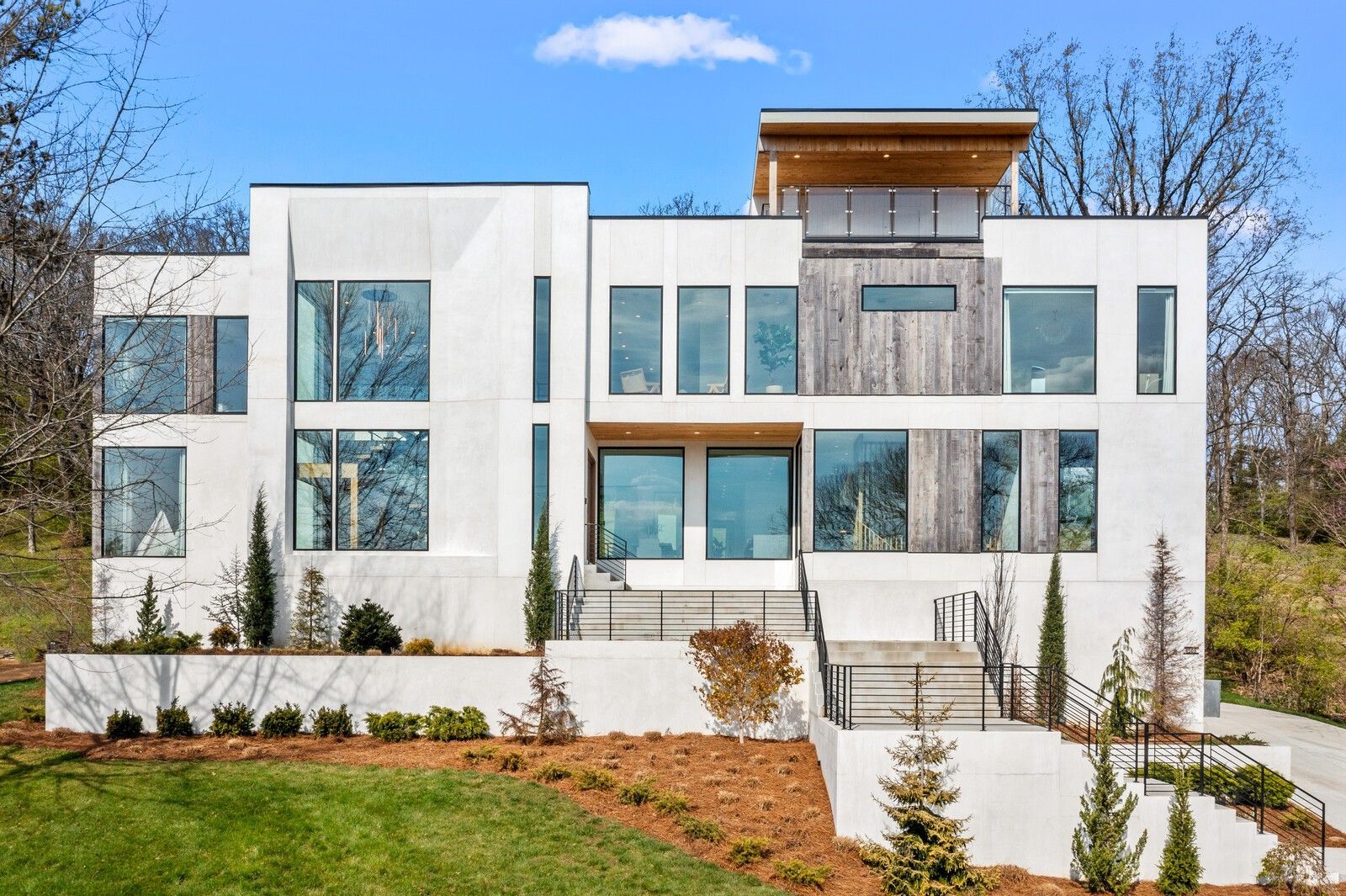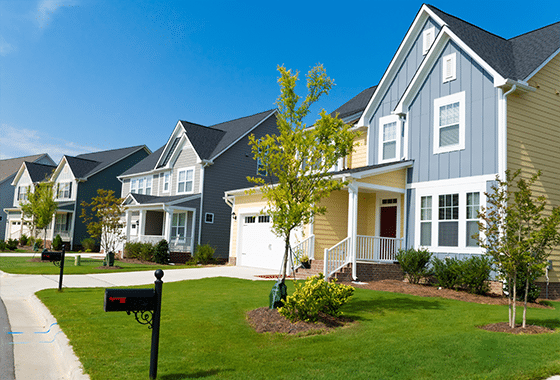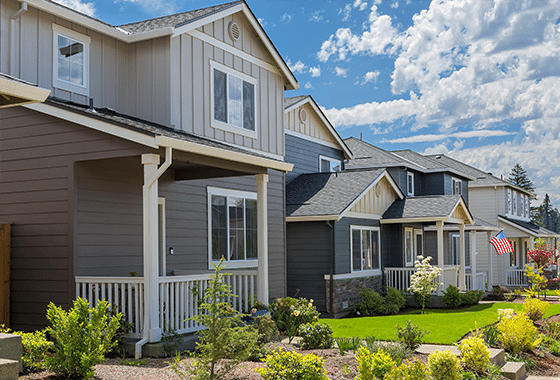Why Overpricing Can Hurt Your Home Sale
Why Overpricing Can Hurt Your Home Sale

When selling your home, it’s natural to want the highest possible price. However, overpricing can do more harm than good. Setting a price too high can lead to a longer time on the market, fewer offers, and ultimately, a lower sale price. Here’s why overpricing your home can hurt your sale and how to avoid this common mistake.
Your Home May Sit on the Market Too Long
Buyers and agents pay attention to how long a home has been listed. When a property sits on the market for too long, buyers may assume there’s something wrong with it. An overpriced home is likely to linger, causing buyers to question its value.
You May Miss Out on Serious Buyers
Many buyers search for homes within a specific price range. If your home is overpriced, it may not even show up in their searches. You could be missing out on serious buyers who would be willing to make a fair offer if the home were priced correctly.
Price Reductions Can Signal Desperation
If your home doesn’t sell, you may have to reduce the price. Frequent price reductions can make buyers think you’re desperate or that something is wrong with the property. This can lead to lower offers and make negotiations more difficult.
Appraisal Issues Can Derail the Sale
Most buyers will need a mortgage, which requires an appraisal. If your home is priced higher than its appraised value, the lender may not approve the loan. This could force you to renegotiate or risk losing the sale altogether.
Overpricing Helps Competing Homes Sell Faster
When your home is overpriced, buyers may compare it to similar but correctly priced homes in your area. This makes competing homes look like a better deal, causing buyers to choose them over yours.
How to Price Your Home Correctly
To avoid the pitfalls of overpricing, consider these steps:
- Work with a real estate agent to determine the right price based on market conditions.
- Conduct a Comparative Market Analysis (CMA) to see how similar homes are priced and what they have sold for.
- Stay objective and understand that sentimental value does not increase market value.
- Adjust pricing if needed, based on buyer feedback and market trends.
Final Thoughts
Pricing your home right from the start is key to attracting buyers and selling quickly. Overpricing can cause delays, fewer offers, and ultimately, a lower sale price. If you’re thinking of selling, work with an experienced real estate professional to set a competitive price that gets your home sold efficiently and for the best value.
Need help pricing your home correctly? Contact me today for expert advice!






